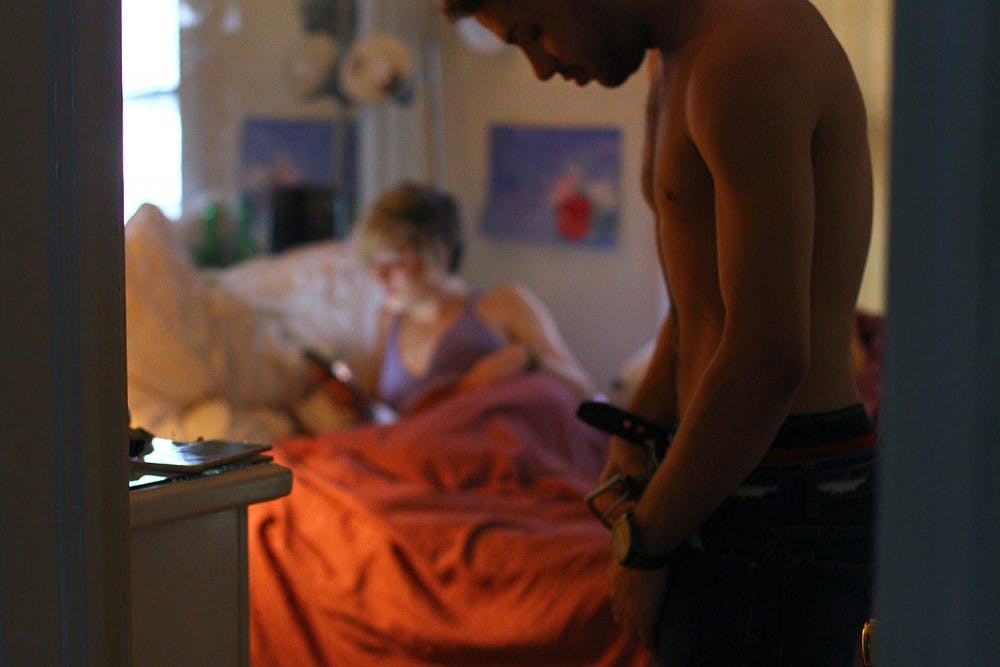Some people attribute it to "Sex and the City," others to a feminist awakening — but there is no denying that a new culture has taken over college campuses across the United States.
Hookup culture has established its dominance in the daily lives of UNC students alongside Tar Heel basketball and what students made on their last test. From the free condom bins in residence halls to Pit preachers yelling about sins of the body, some students think sex is everywhere, all the time.
Hookup culture can be viewed as an attitude surrounding sex that emphasizes casual encounters without personal attachment or emotions. This can be seen in the emphasis in some relationships on "keeping it casual" and the regularly occurring late night hookups as the party scene begins to shut down and only Time Out is left open on Franklin.
The culture also appears in a less tangible avenue: the dating apps that make connecting with other people looking for something casual as easy as swiping right.
Apps can let people explore sexual options and get to know potential sexual partners from the comfort of their beds, and they may have changed the way people think about sex.
"We know we feel more comfortable from behind our phone screen," junior Amelia Lennard said.
In a world where so many people have Tinder on their phones, sex seems to have become easier and more pervasive.
"You meet someone (on a dating app) and then you know them at the party and so that takes away that first level of awkwardness," said Eli Grossman, a first-year in a fraternity.
Dating apps also can work to facilitate nontraditional hookups by allowing people of any sexual identity to connect with one another.




